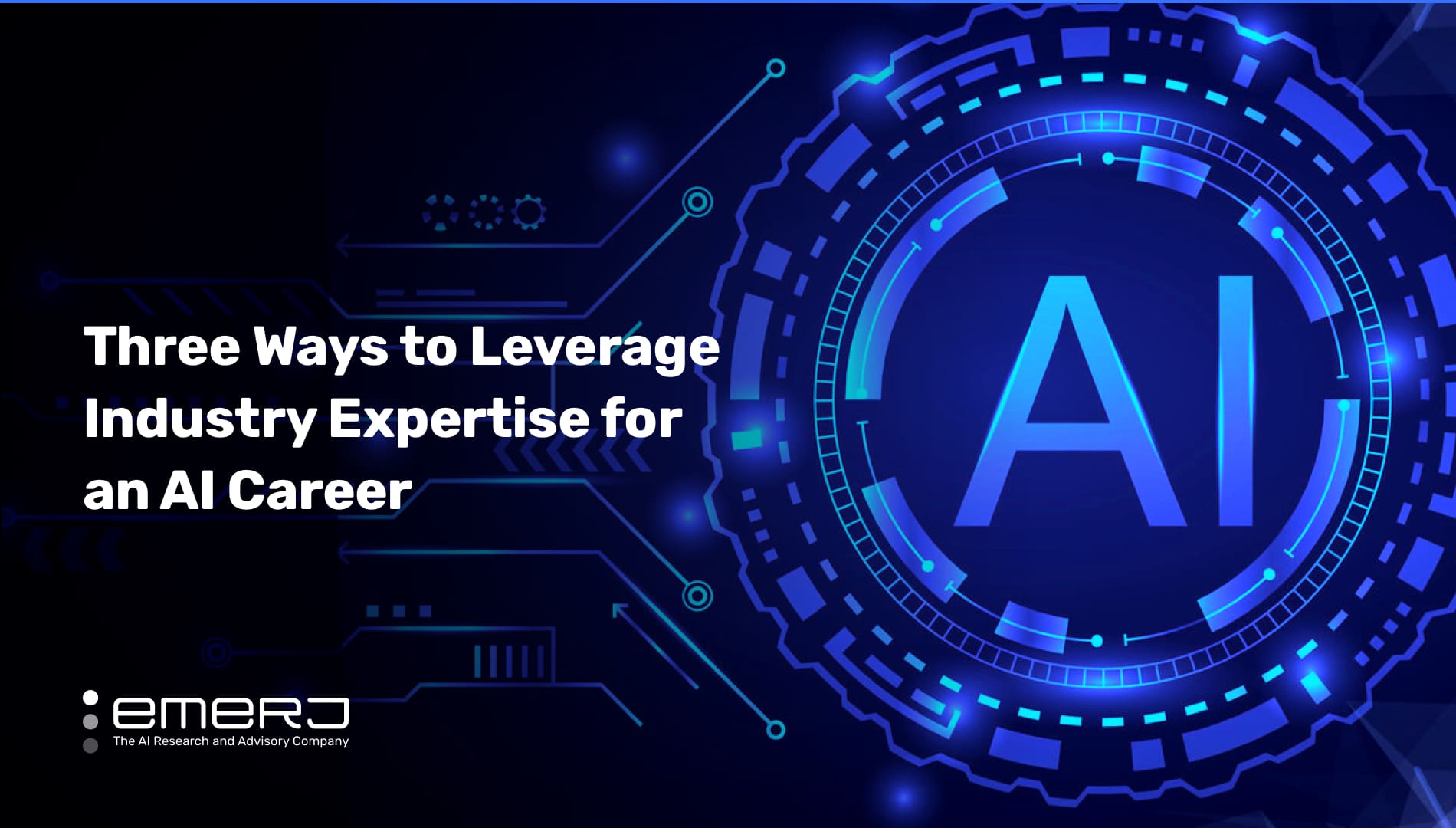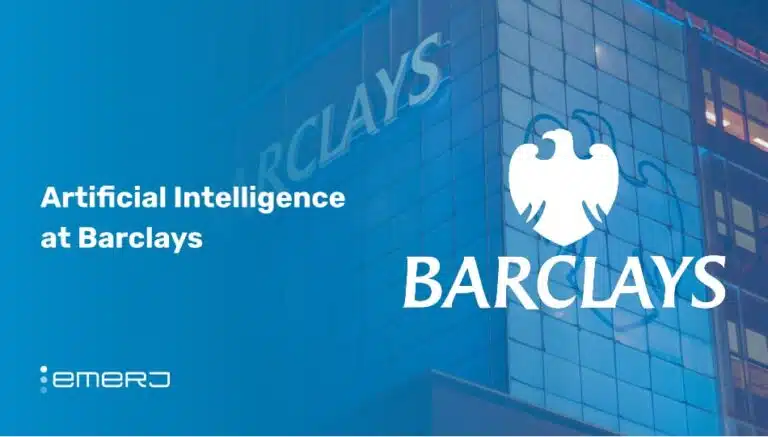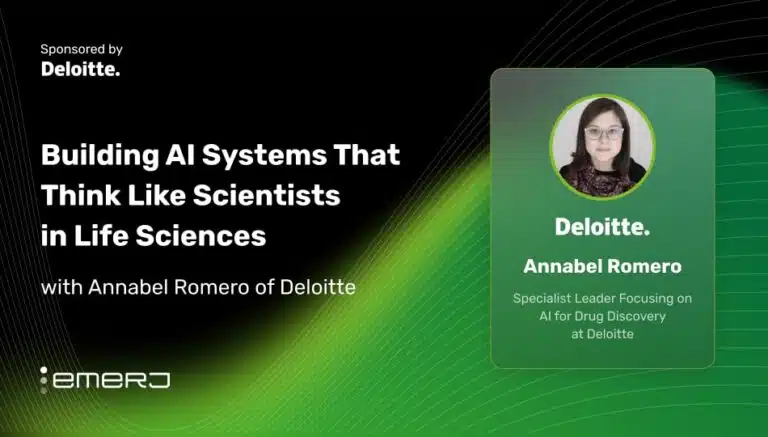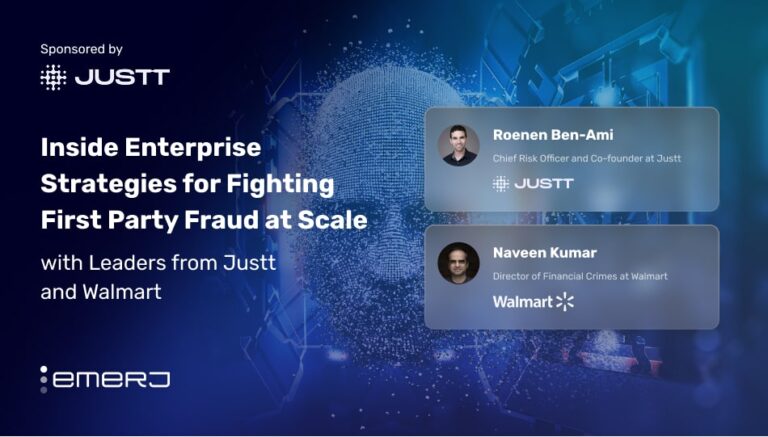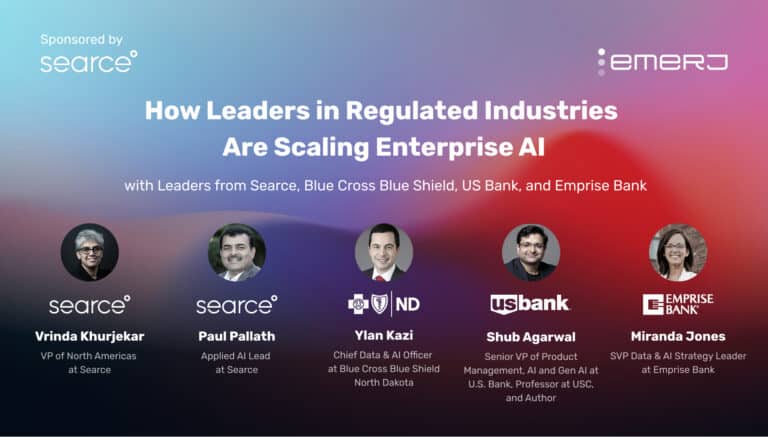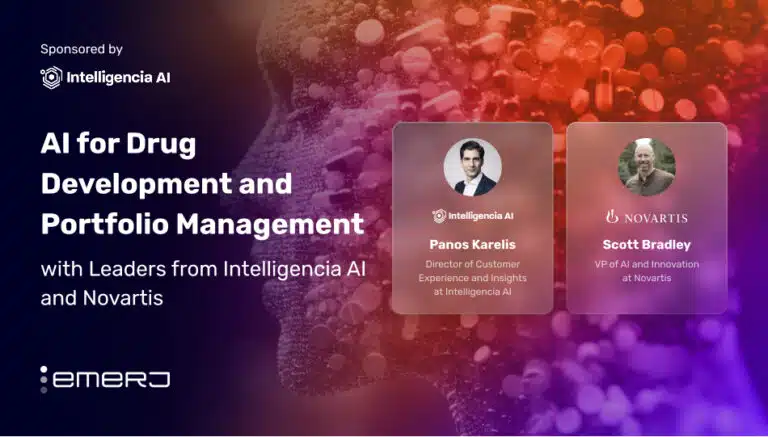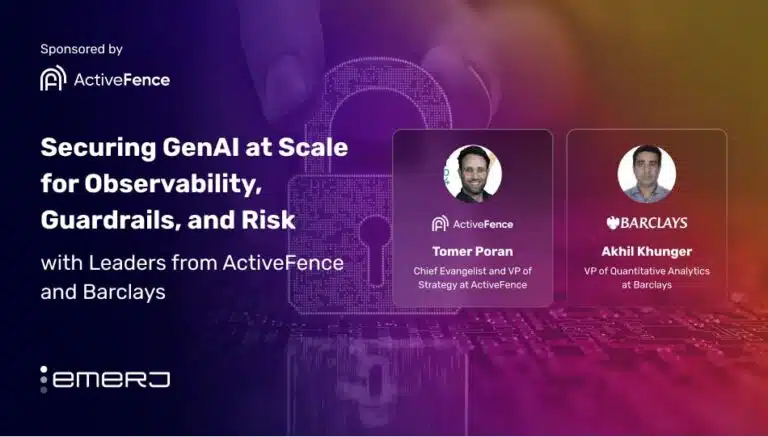As artificial intelligence makes its way into more industries and workflows, more and more non-technical team members will be charged with leading AI projects. The next wave of AI catalysts will be familiar with AI at a conceptual level (read: executive AI fluency), but will mostly be expert in bridging AI's capabilities to important business workflows and objectives.
Whether you're aiming to become an AI consultant or an enterprise AI project leader - pivoting your career into AI doesn't involve starting from scratch. It involves leveraging your past experience in the most productive way.
Asp...
[mrj_paywall] unauthorized access


